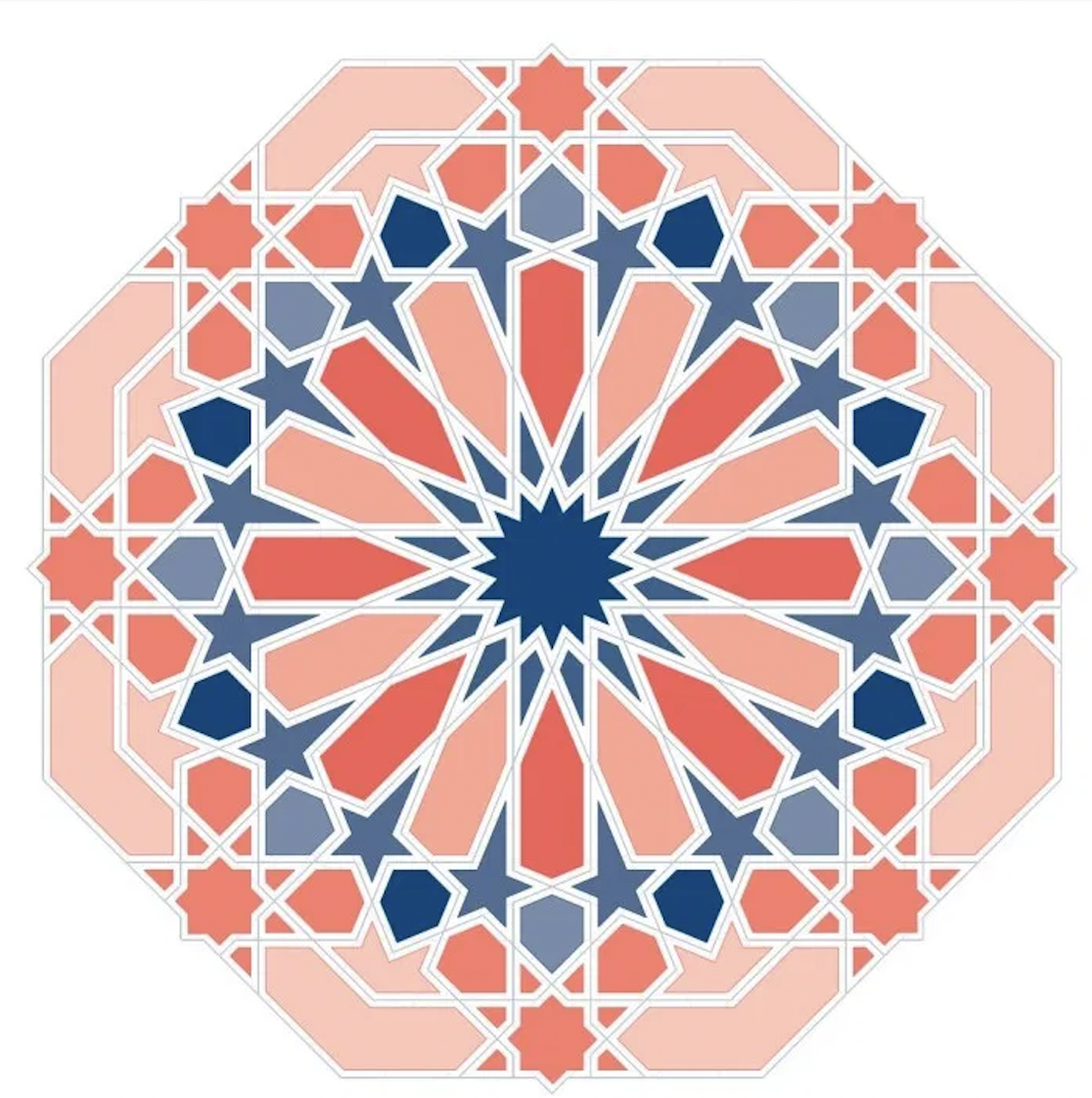Review: Ta-Nehisi Coates, The Message
In ‘The Message,’ Ta-Nehisi Coates offers not just a travel memoir, but a profound meditation on the legacies of slavery, racism, colonialism, and the narratives that sustain them. Moving between Senegal and Palestine, Coates explores how systems of oppression are built not only on brute force—but on stories.
He visits Dakar and feels the dissonance of being a Black American in Africa. Conditioned by centuries of racial propaganda, he finds himself carrying colonial assumptions in his own mind—realising that even as a descendant of the enslaved, he is not immune to the distortions of empire. This moment is critical. Coates doesn’t shy away from the uncomfortable: our minds, too, are colonised. And we must begin by naming that.
In Palestine, he bears witness to an ongoing reality many in the West still refuse to see. He draws a searing parallel between the structural racism of the United States and the apartheid system in Israel. Segregated roads, different legal systems, unequal water distribution, home demolitions, and land seizures are not relics of history—they are the present-day architecture of power.
“For as sure as my ancestors were born into a country where none of them was equal of any white man, Israel was revealing itself to be a country where no Palestinian is ever the equal of any Jewish person anywhere.”
This isn’t just about political comparison. Coates shows how power justifies itself—again and again—through storytelling. Whether it’s the myth of “Black inferiority” during slavery or the trope of “civilising the savages” in colonial Palestine, these are not accidents of language. They are carefully constructed ideologies, designed to ease the guilt of the plunderer.
Coates reminds us that even the act of writing history can be violent.
“They wrote histories, memoirs and novels. And then, with the work of Redemption complete, more stories were published that terrorists and bandits would be remembered as knights and champions.”
In Israel, he meets Palestinians living under occupation—where the law itself enshrines inequality, where settlements creep further into Palestinian land, where water and mobility are privileges assigned by ethnicity. And still, Palestinians resist—by surviving, by rebuilding, and above all, by telling their own stories.
“If Palestinians are to be truly seen, it will be through stories woven by their own hands—not by their plunderers, not even by their comrades.”
For Coates, storytelling is not just expression—it is resistance. The systems that dominate us rely on controlling the narrative. That’s why books are banned. Why statues are erected. Why the names of the enslaved and the exiled are erased. Because when the oppressed begin to tell their own story, power trembles.
He ends with something personal: a deep sense of betrayal—not only by journalists or politicians, but by himself. His own ignorance. His past silence. His failure to reach out across borders and struggles.
And yet in that betrayal, The Message offers something more than critique—it offers clarity. That race is a construct. That apartheid is real. That empire is narrative. And that justice begins when the colonised speak.

